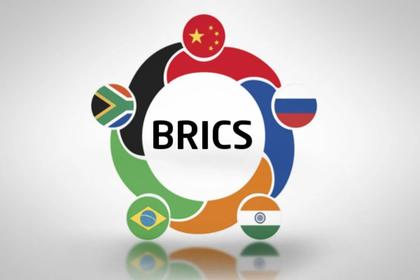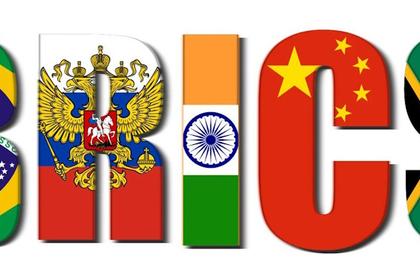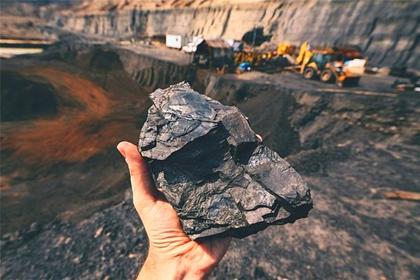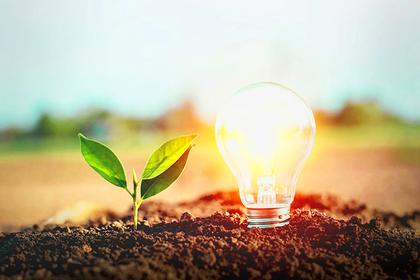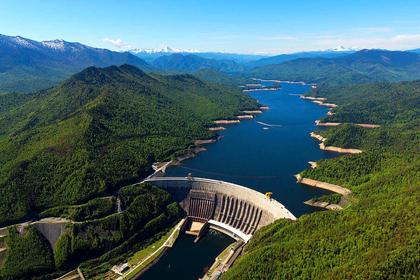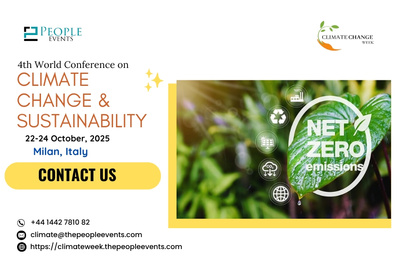
RUSSIAN ENERGY WEEK FOR AFRICA
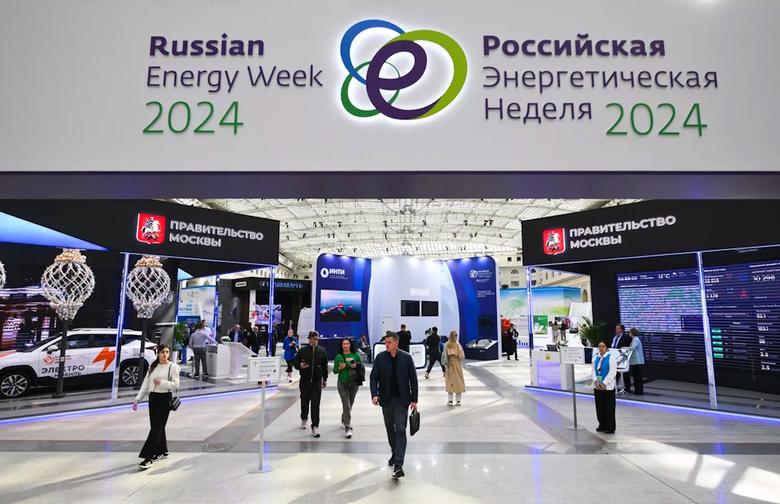
By Magdaline Mwihaki energy writer, africa digest news
ENERGYCENTRAL- Sep 30, 2024 - The recent Russian Energy Week has opened new avenues for collaboration between Russia and African nations, emphasizing the potential benefits for the continent's energy landscape. As Africa grapples with energy poverty—over 600 million people lack access to electricity—this partnership presents a timely opportunity to address critical challenges while fostering economic growth.
At the heart of this collaboration is the commitment from Russian companies to invest in Africa’s energy sector. During the event, various African leaders, including ministers from countries like the Republic of the Congo and Mali, expressed their eagerness to strengthen ties with Russian firms. They highlighted the need for investment in oil, gas and renewable energy projects, which are essential for enhancing energy security and infrastructure development across the continent.
One of the key promises made during Russian Energy Week involves the construction of power plants and renewable energy facilities. Russian companies such as Lukoil and Rosatom have already initiated projects in several African nations, focusing on both traditional energy sources and innovative technologies. For instance, discussions around floating nuclear power plants and renewable energy solutions are gaining traction, showcasing Russia's willingness to provide advanced technology tailored to Africa's unique needs.
The potential benefits of these partnerships extend beyond mere investment. By collaborating with Russian firms, African nations can leverage expertise in energy production and infrastructure development. This could lead to job creation in various sectors, from manufacturing to maintenance, empowering local communities and stimulating economic growth. For example, the construction of renewable energy facilities could not only provide electricity but also create jobs in installation and upkeep.
Moreover, the focus on sustainable energy solutions aligns with global goals for reducing carbon emissions and promoting environmental stewardship. As African countries look to diversify their energy sources, partnerships with Russia can facilitate access to technologies that support green initiatives. This is particularly crucial as many African nations are rich in renewable resources like solar and wind energy but lack the necessary infrastructure to harness them effectively.
However, it is essential to recognize that previous promises made during earlier events have not always materialized into tangible benefits for African communities. Critics argue that while discussions have been fruitful, actual implementation has lagged behind expectations. The difference this time may lie in the establishment of strategic partnerships and agreements during Russian Energy Week that emphasize accountability and measurable outcomes.
For instance, the Roscongress Foundation's participation in organizing the upcoming African Energy Week in Cape Town signals a commitment to ongoing dialogue and collaboration. The event aims to bring together African leaders and international investors, providing a platform for closing deals and building long-term relationships.
In addition to infrastructure development, there is a growing emphasis on training local personnel to ensure that African countries can independently manage their energy resources in the future. This capacity-building approach is critical for fostering technological sovereignty and reducing dependency on foreign entities.
As Africa stands at a crossroads in its energy journey, the partnerships forged during Russian Energy Week could mark a turning point. By focusing on sustainable practices, technological advancements, and economic empowerment, these collaborations have the potential to transform not just the energy sector but also the lives of millions across the continent.
With strategic investments and collaborative efforts, both Russia and African nations can work together to address pressing energy needs while paving the way for sustainable development.
-----
This thought leadership article was originally shared with Energy Central's Energy Collective Group. The communities are a place where professionals in the power industry can share, learn and connect in a collaborative environment. Join the Energy Collective Group today and learn from others who work in the industry.
-----
Earlier:

